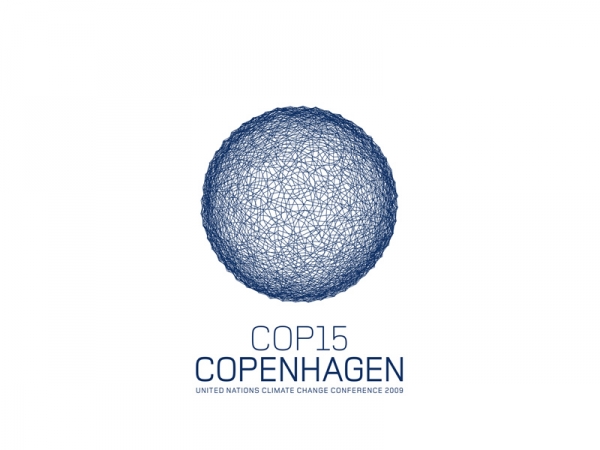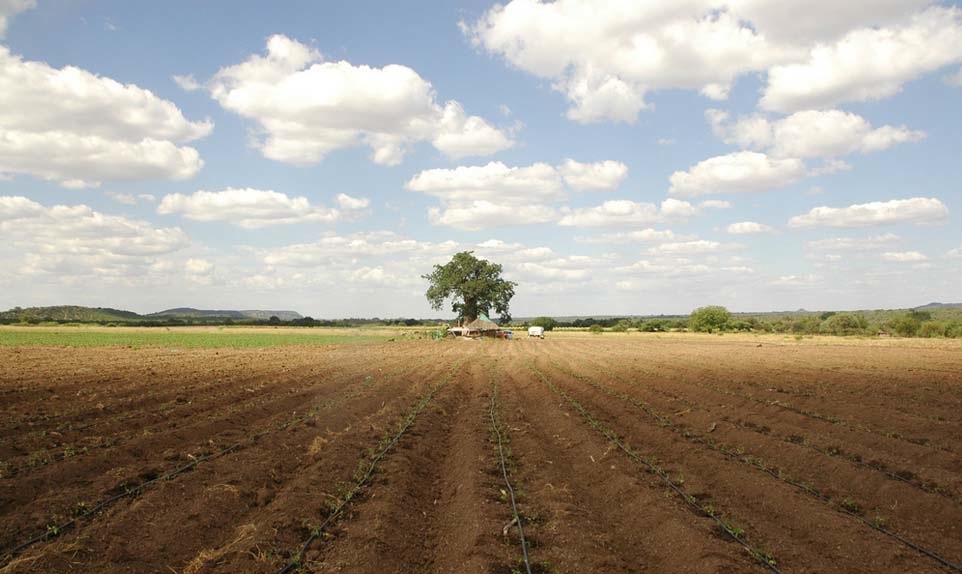
For two weeks Copenhagen was the world capital of climate science and policy. Journalist Dan Grossman spoke with many climate science and policy experts. The blog posts that follow about his conversations—containing text, photos and videos—tell part of the story of who was there and what they said. Read excerpts below.
The Weird Incident of 'Climategate'
One of the strangest subplots of the conference has been nicknamed--most likely by those who want to inflate its importance--"climategate." For those who have not heard of this kerfuffle: hundreds of emails between some of the world's leading climate scientists were "hacked"--copied off a server at the University of East Anglia in the United Kingdom--and publicly posted on the Web. Most of the emails show nothing more than scientists discussing mundane technical details of research... Some messages, however, portray researchers with their pocket protectors down, attempting to manipulate the peer-review process that scientists consider the underpinning of the scientific enterprise...Read full article in NatGeo News Watch
The 'Scary' Changes in Northeast Greenland
Hans Meltofte founded an ecological research base called Zackenberg in northeast Greenland. He stayed on as research director there for several years and conducted field research there for many more. He has visited Greenland every summer since the mid 1960s. Looking back on those first visits, he sees huge changes in the flora, fauna, and landscape of snow and ice on the big Arctic island today: "I can hardly recognize it," he says... Read full article in NatGeo News Watch
Using Indigenous Knowledge for Studying Climate Change
Shari Gearheard, a slender scientist with wavy blond hair and an infectious smile met me in an exhibition hall on the second floor of the North Atlantic House. She sat comfortably on the ledge of a display a few inches in front of a stuffed juvenile polar bear... In 15 years of research in Greenland and northern Canada Gearheard has proven that native hunters, keen observers of weather and ice, have much knowledge useful to researchers. She says natives have made important observations about changes in sea ice and wind direction. She says Inuit are peripatetic travelers, even in winter, logging in their heads observations over a much finer scale than most scientists normally make. The natives also sometimes notice changed ice and weather patterns that scientists have not yet even thought to study... Read full article and view video in NatGeo News Watch
UN: Oceans Are 30 Percent More Acidic Than Before Fossil Fuels
Since I began taking interest in global warming, I've heard scientists say "beware of surprises." In the esoteric field of climate research, a surprise is bad: a dangerous unanticipated change to Earth's climate, weather patterns, ocean currents and other "Earth systems," or life on the planet. We usually expect that if a cause produces an effect, a little more of the cause will produce a little more effect. Many scientists worry that sometimes a little more cause might instead be the straw that breaks the camel's back. A big unexpected effect. A surprise... Read full article in NatGeo News Watch
David Richardon's Uncomfortable Climate Change Solution
David Richardson, a lively, friendly man, devotes his life to a goal some people consider quixotic at best and possibly dangerous at worst: to reduce the number of humans on Earth by about two-thirds. Richardson's views are long- and strongly-held. When only five he noticed that people with large families on his home island of Jersey, England were poor. He concluded right then that extra people equal a poorer quality of life, he says. This insight, with much more nuance, drives him today, more than 50 years later... Read full article in NatGeo News Watch
Danish Wind Energy
On a tour of the Middelgrunden offshore wind farm off the coast of Copenhagen, Anja Pedersen, an adviser to the Danish Wind Industry Association, describes the scale, benefits and public attitude toward wind energy in Denmark. Denmark produces more than one-fifth of all its electricity with about 5,000 windmills... Read full article in the Pulitzer Center's "Dispatches from COP15" blog.
A Geologist's Obsession With the Past
It is no exaggeration to say that some scientists are obsessed with the Eemian period. Dahl-Jensen is an example. She has camped in sub-freezing weather for weeks at a time almost every summer for years, coveting a cylindrical hunk of sparkling Eemian ice the diameter of a loaf of bologna. A team of Americans tried twice without luck twice in the 1990s to obtain Eemian ice. Dahl-Jensen came achingly close to completing her quest in 2003, after a marathon 7-year drilling project, but the oldest sample she got was not quite ancient enough. By an unfortunate twist of fate, the drill hole had been located right above a hot spot in the granite foundation on which the ice sheet sits. Eemian age ice had melted into a puddle at the bottom... Read full article in the Pulitzer Center's "Dispatches from COP15" blog.
Copenhagen Chaos: The Pageantry
The Copenhagen Conference, where I arrived today, is hard to describe, because so much is happening here and the stakes of this climate negotiation are so high. Outside, a persistent crowd of protesters chanted environmental slogans. Two young Asian woman strutted in chicken suits. Many others men and women of all different races and nationalities waved placards and signs. A bus-size screen showed environmental movies. (Look at my video of one activist promoting vegetarian eating to reduce the amount of greenhouse gas produced. I believe he is correct that simple changes in our diets would be very helpful, though I can't vouch for his numbers... Read full article and view video in the Pulitzer Center's "Dispatches from COP15" blog.
Super Efficient Homes in Denmark
The Danish can teach Americans how to make less carbon dioxide. At least that's what homeowner Bo Andersen thinks. At dusk one day, Anderson welcomed a group of energy-efficiency tourists into his home in Egedal a town about 20 miles outside downtown Copenhagen. Andersen's toddler son, mute among about two-dozen foreigners speaking mostly English, wriggled in his dad's arms. Andersen, who with his wife and two children bought the house a year ago, couldn't have been more voluble, spouting arcane technical details of the eco-friendly dwelling with the exuberance of a soccer fan with his team in playoffs. The house uses about 22 kilowatt hours of power per square meters of space each year, about one-third what Danish construction rules for newly-built homes permit, and less than one-eighth that of an average home in Europe or the U.S... Read full article in PRI's The World
Parsing Global Climate Change Polls
Intelligent, good-hearted people disagree on virtually everything climate-change related. The stakes and emotions are that high. People are at odds about how quickly Earth grows warmer, who or what to blame and whether global warming constitutes an inconvenient truth of planetary crisis or merely an inconvenience. Not surprisingly, therefore, advocates for and against decisive action—and many others as well—also differ about what Americans think about global warming... Read full article in PRI's The World
Americans' Views on Climate Change Through Eyes of Two European Researchers
Daniel Grossman captures the attitudes of two leading European climate scientists on their views toward Americans' attitudes toward anthropogenic climate change. Grossman captures the views of Dorthe Dahl Jensen, chief scientist of the NEEM ice core drilling project on the Greenland Ice Sheet, a multi-year attempt to sample old ice in the Northern Hemisphere, and the perspective of ornithologist Hans Meltofte, founder of the Zackenberg ecological research station in northeastern Greenland... View videos on the Yale Climate Media Forum
Stephen Schneider's Views of American Attitudes about Climate Change
In this video, Dan Grossman explores the extraordinary mind of Stanford University climatologist Stephen H. Schneider, PhD. "The myth of the open spaces ... the belief in the infinite outdoors ... has led to a mental frame that is really false that we have all this room and that pollution can't really make that much difference in a few streams and crowded cities," Schneider says... View video on the Yale Climate Media Forum site



